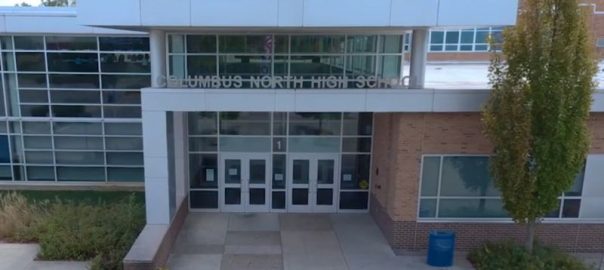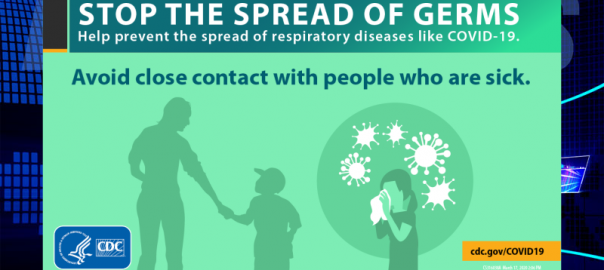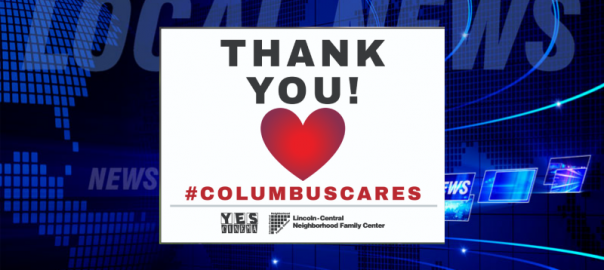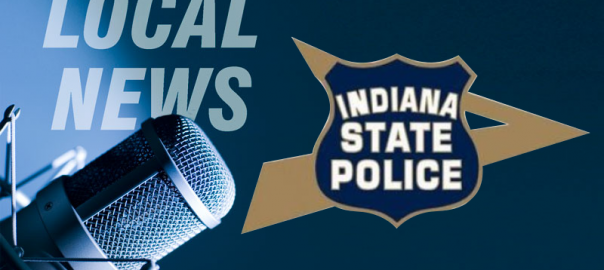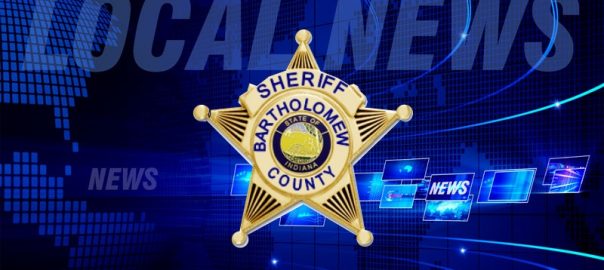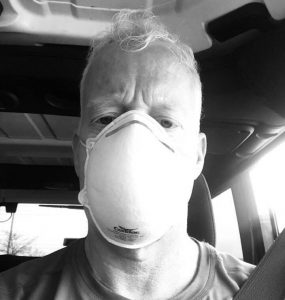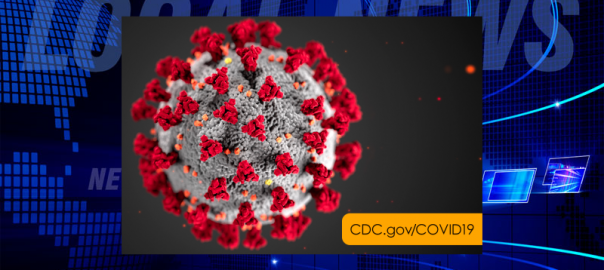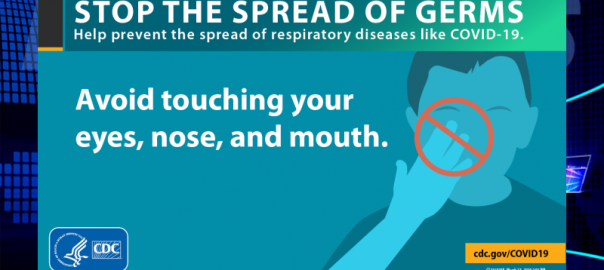Essential Businesses and Operations List
Excerpt from Indiana Executive Order 20-18 (April 6, 2020)
Updates to the March 23, 2020 Stay-At-Home Order are italicized
Businesses Covered by this Executive Order
For the purposes of this Executive Order, covered businesses include any for-profit, non-profit, or educational entities, regardless of the nature of the service, the function it performs, or its corporate or entity structure.
All Essential Businesses and Operations shall comply with social distancing requirements established by the CDC, including maintaining six-foot social distancing for both employees and members of the general public at all times and must utilize or employ other CDC recommended sanitation measures such as washing hands with soap and water for at least twenty seconds as frequently as possible or using hand sanitizer, covering coughs or sneezes (into the sleeve or elbow, not hands), regularly cleaning high-touch surfaces, and not shaking hands.
All employers, whether manufacturers, distributors, professional offices, retailers or other, must comply with safety and health standards established and enforced by IOSHA. Employers are subject to specific standards to prevent the exposure or spread of a disease. Additionally, the General Duty Clause requires employers to provide their employees with a workplace free from recognized hazards likely to cause death or serious physical harm.
Essential Businesses and Operations
For the purposes of this Executive Order, the phrase “Essential Businesses and Operations” means Healthcare and Public Health Operations, Human Services Operations, Essential Governmental Functions, and Essential Infrastructure, as well as the following:
- CISA List
On March 28, 2020, the U.S. Department of Homeland Security, Cybersecurity & Infrastructure Security Agency (CISA) issued an updated Memorandum on Identification of Essential Critical Infrastructure Workers During COVID-19 Response. The definition of Essential Businesses and Operations in this Executive Order includes all of the workers identified in that Memorandum, which may be found or accessed at the following link: https://www.cisa.gov/.
- Retail BusinessesRetail businesses providing the necessities of life include grocery stores, supermarkets, supercenters or mass merchandizers (provided they have a sizable food/grocery section such as Meijer and Walmart), specialty food stores, certified farmer’s markets, farm and produce stands, convenience stores and gas stations, pharmacies, auto sales, auto supply auto maintenance or repair, farm equipment, construction equipment, bicycle shops, hardware and supply stores, office supply stores, pet supply stores, club stores ( provided they have a sizable food/grocery section, such as Sam’s Club or Costco), building material and supplies stores (e.g., Lowe’s, Menards, Home Depot).
Retail businesses providing the necessities of life as described above may remain open to the public under the following conditions and restrictions:
- Such businesses should limit the number of customers in their facility at any given time to achieve the CDC’s required social distancing;
- Such businesses should limit their hours of operation and consider implementing separate operating hours for the elderly and other vulnerable customers; and
- Such businesses shall comply with social distancing and sanitation of applicable areas and other mitigation measures to protect its employees and the public.As of 11:59 p.m. on April 7, 2020, all other retail businesses not included above as selling the necessities of life may remain open only for online or call-in ordering with delivery or curbside pickup. These retail businesses shall comply with social distancing and sanitation of applicable areas and other mitigation measures to protect its employees and the public.
- Sale of Firearms and AmmunitionPursuant to Ind. Code § 10-14-3-33.5, neither the state nor a political subdivision may prohibit or restrict the lawful possession, transfer, sale, transportation, storage, display or use of firearms or ammunition during a disaster emergency; however, firearms and ammunition dealers must comply with all CDC social distancing and sanitation measures.
- Food, Beverage, and Agriculture (Businesses Other than Retail Stores)
Food and beverage manufacturing, production, processing, cultivation, including farming, livestock, fishing, baking, and other production agriculture, including cultivation, marketing, production, and distribution of animals and goods for consumption; and businesses that provide food, shelter, and other necessities of life for animals, including animal shelters, rescues, shelters, kennels, and adoption facilities.
- Organizations That Provide Charitable and Social Services
Businesses and religious and secular non-profit organizations, including food banks, when providing food, shelter, social services and other necessities of life for economically disadvantaged or otherwise needy individuals, individuals who need assistance as a result of this emergency, and people with disabilities.
- Religious EntitiesReligious facilities, entities and groups, and religious gatherings provided they adhere to the CDC’s guidance on social gatherings.
- MediaNewspapers, television, radio, and other media services.
- Financial and Insurance Institutions
Banks, currency exchanges, consumer lenders, including credit unions, pawnbrokers, consumer installment lenders and sales finance lenders, title companies, appraisers, financial markets, trading and futures exchanges, payday lenders, affiliates of financial institutions, entities that issue bonds, related financial institutions, and institutions selling financial products. Also, insurance companies, underwriters, agents, brokers, and related insurance claims and agency services.
- Critical Trades
Building, construction, and other trades, including plumbers, electricians, exterminators, operating engineers, cleaning and janitorial staff for commercial and governmental properties, security staff, HVAC, painting, moving and relocation services, and other service providers who provide services necessary to maintaining the safety, sanitation, and essential operation of residences, Essential Activities, and Essential Businesses and Operations.
- Mail, Post, Shipping, Logistics, Delivery and Pick-Up Services
Post offices and other businesses that provide shipping and delivery services, as well as businesses that ship or deliver groceries, food, goods, vehicles, alcoholic and non-alcoholic beverages, or services to end users or through commercial channels.
- Educational Institutions
Educational institutions (including public and private pre-K-12 schools, colleges, and universities) for purposes of facilitating distance learning, performing critical research, or performing essential functions, provided that social distancing of six-feet per person is maintained to the greatest extent possible.This Executive Order is consistent with, and does not amend or supersede, any prior Executive Order regarding the closure of schools.
- Laundry Services
Laundromats, dry cleaners, industrial laundry services, as well as laundry service providers.
- Restaurants for Consumption Off-Premises
Restaurants, bars, taverns, and other facilities that prepare and serve food, but only for consumption off-premises, through such means as in-house delivery, third-party delivery, drive-through, curbside pick-up, and carryout as required by Executive Orders 20-04, 20-10 & 20-14.Schools and other entities that typically provide food services to students or members of the public may continue to do so under this Executive Order on the condition that the food is provided to students or members of the public on a pick-up and takeaway basis only. Schools and other entities that provide food services under this exemption shall not permit the food to be eaten at the site where it is provided, or at any other gathering site due to the virus’s propensity to physically impact surfaces and personal property. This Executive Order is consistent with, and does not amend or supersede, prior Executive Orders regarding the closure of restaurants.
- Transportation
Airlines, taxis, transportation network providers (such as Uber and Lyft), vehicle rental services, paratransit, marinas, docks, boat storage, and other private, public, and commercial transportation and logistics providers necessary for the Essential Activities and other purposes expressly authorized in this Executive Order.
- Home-Based Care and ServicesHome-based care for adults, seniors, children, and/or people with developmental disabilities, intellectual disabilities, substance use disorders, and/or mental illness, including caregivers such as nannies who may travel to the child’s home to provide care, and other in-home services including meal delivery.
- Residential Facilities and Shelters
Residential facilities and shelters for adults, seniors, children, pets, and/or people with developmental disabilities, intellectual disabilities, substance use disorders, or mental illness.
- Professional Services
Professional services, such as legal services, accounting services, insurance services, and real estate services (including appraisal and title services should be conducted virtually or by telephone whenever reasonably possible and any professional services requiring face-to-face encounters should be postponed unless the failure to meet in-person will have a significant adverse impact on the client’s financial or legal position.
- Manufacture, Distribution, and Supply Chain for Critical Products and Industries
Manufacturing companies, distributors, and supply chain companies producing and supplying essential products and services in and for industries, such as healthcare, pharmaceutical, technology, biotechnology, chemicals and sanitization, agriculture, waste pickup and disposal, food and beverage, transportation, energy, steel and steel products, petroleum, fuel, mining, construction, national defense, communications, and products used by other Essential Businesses and Operations.
- Critical Labor Union Functions
Labor union essential activities, including the administration of health and welfare funds and personnel checking on the well-being and safety of members providing services in Essential Businesses and Operations, provided these checks should be done by telephone or remotely where possible.
- Hotels and Motels
Hotels and motels to the extent they are used for lodging and delivery or carryout food services.
- Funeral Services
Funeral, mortuary, cremation, burial, cemetery, and related services.
Cummins partnering with DuPont for mask production
Cummins and DuPont are partnering in a project to use the companies’ filter technology to produce materials critical for N95 respirator masks.
The first masks featuring the filter technology are being used as part of a project to supply masks to Minnesota’s M Health Fairview network.
Cummins’ NanoNet® and NanoForce® Media technology, which uses DuPont’s Hybrid Membrane Technology, has been used in air, fuel and lube filtration products used in heavy-duty diesel engines. But the materials are being adapted to be used in N95 respirator masks. The masks are in in high demand by healthcare professionals because they filter harmful airborne particles that can spread COVID-19.
When Cummins’ NanoNet® Media was tested using an industry standard testing method, it exceeded the performance requirements for N95 designation. Cummins’ manufacturing facilities have since provided media samples to mask manufacturers across the globe to test its effectiveness.
The first mask prototypes using Cummins’ donated media were assembled by University of Minnesota teams in March as part of an initiative to provide masks to M Health Fairview and other Minneapolis-based healthcare systems. As the COVID-19 outbreak escalated, the University of Minnesota realized their supply of N95 masks to protect healthcare workers would potentially run out in a matter of weeks.
To address this challenge, a team of designers, engineers, chemists, surgeons, anesthesiologist and apparel and clothing experts from the University of Minnesota’s Institute for Engineering in Medicine; Medical School; College of Design; College of Science and Engineering; and Center for Filtration Research Consortium came together to address this projected shortage of critical personal protective equipment.
The project also aims to provide open source instructions that other healthcare systems and groups can use to create their own respirator masks.
Products featuring Cummins’ media still need to be vetted and approved by the National Institute for Occupational Safety and Health.
“We’re working as quickly as possible with healthcare regulators and other partners to help certify products with our materials, and prepare our manufacturing facilities to meet demand,” said Amy Davis, vice president of Cummins Filtration.
“Cummins is re-evaluating our supply base and manufacturing capabilities to identify how we can support our healthcare professionals who rely on critical personal protective equipment to do their jobs,” Davis said . “Our NanoNet® Media can fill a key supply void and help address the mask shortage facing the United States and other countries around the world.”

